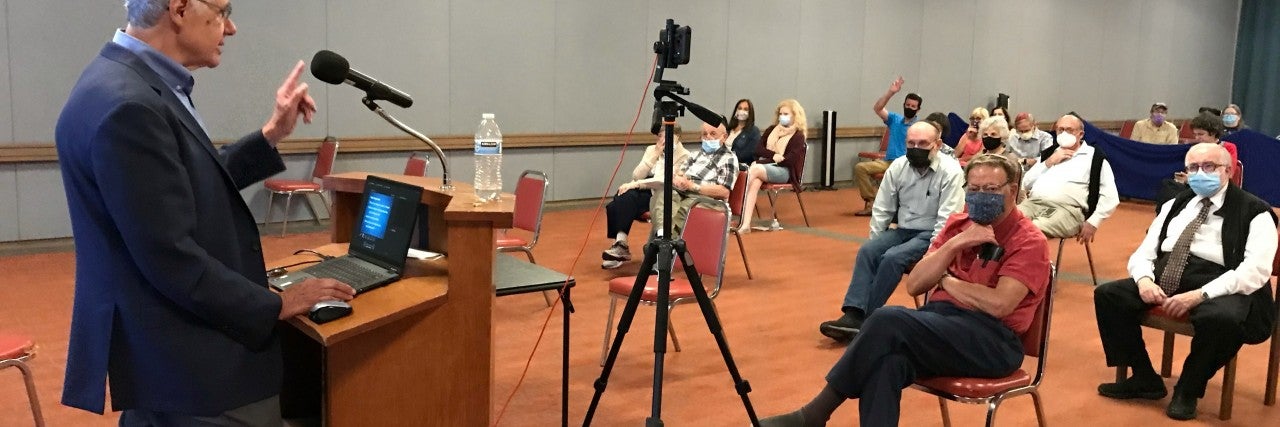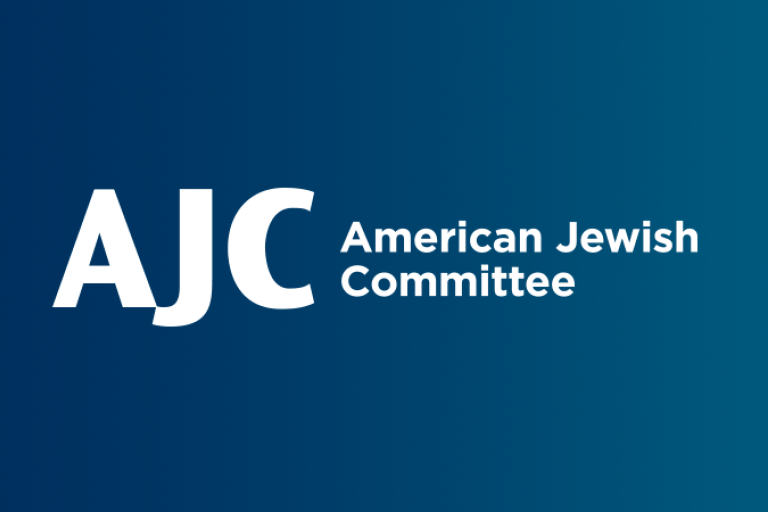August 24, 2021
Paul Burstein, UW Professor Emeritus, Departments of Sociology and Political Science; former Chair of Jewish Studies Program: Today’s Antisemitism: Who the Antisemites Are, What They’re Doing, Why They’re Doing So Well, and How Jews Might Respond.
A key issue in today’s struggle against antisemitism is how antisemitism should be defined. A definition winning increasing support is that promulgated by the International Holocaust Remembrance Alliance (IHRA). The definition proposes that while it is not antisemitic to criticize Israeli policies, it is antisemitic to say that Israel has no right to exist.
Professor Burstein mentioned five major sources of antisemitism in the U.S. today: right-wing antisemitism, which promotes the claim that Jews are behind a plot to bring huge numbers of nonwhites to the U.S. in order to diminish the power of whites; left-wing antisemitism, which declares that Zionism is racism and argues that the Palestinian cause is the most important social justice endeavor in the world today; Islamist antisemitism, which denies that Israel has any right to exist; foreign antisemitism, particular that coming from the Soviet Union/Russia and Arab countries, which supports left-wing and Islamist antisemitism; and African-American antisemitism manifested in physical attacks on Jews in New York and elsewhere, and in the alliance between the Black Lives Matter movement and Palestinians seeking the destruction of Israel.
American Jewish organizations dedicated to fighting antisemitism are few and working with modest resources. Their findings show the most serious expressions of antisemitism are in calls for Israel’s destruction and in assaults, harassment, and vandalism directed at Jews and Jewish institutions. Assistance at the local level is limited in its effectiveness by divisions within the Jewish community, particularly between Jews who support the anti-Zionist Boycott, Divestment, Sanctions (BDS) movement and those who oppose it. The fight against antisemitism continues through organizational efforts and initiatives, in exposure and education of its current manifestations and ways of combatting each.

